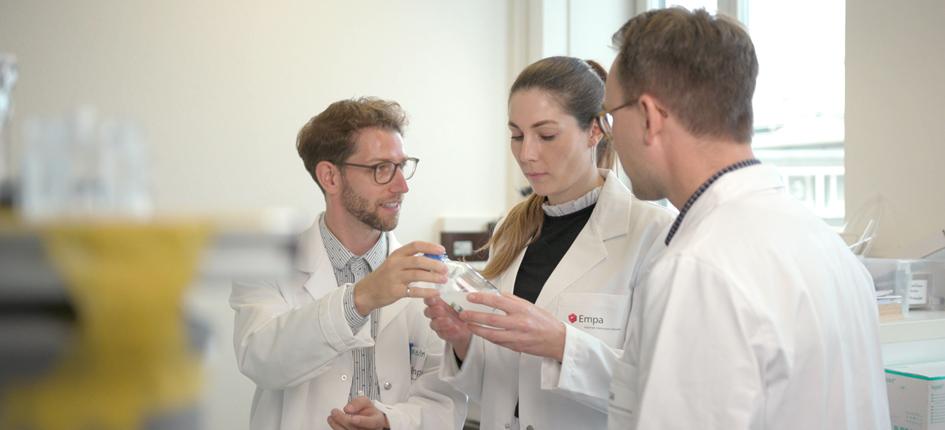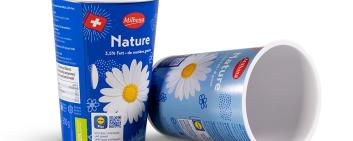A protective cellulose coating for fruit and vegetables could replace plastic and other packaging waste. This would ensure that fresh produce keeps for longer and, as such, also contribute to combating food waste. Lidl Switzerland opted for Empa as a partner for this project, which has been running for a year now, due to the fact that the organization offers “decades of research experience in the area of cellulose products”, Lidl writes in a press release.
Preliminary studies were completed back in the summer, which allowed the researchers to then turn their attention to commencing work on the main study. “The overarching aim is for natural coatings of this kind to replace many petroleum-based packaging solutions in the future”, explains Gustav Nyström, Head of the Empa Cellulose & Wood Materials research lab based in Dübendorf in the canton of Zurich. “Our new coating technology is a milestone in our company history”, comments Torsten Friedrich, CEO of Lidl Switzerland, in the press release. “With this protective film, we will not only make a significant contribution to reducing food wase and packaging materials, but also help to extend the expiration dates of food products for our customers at home”, he adds.
In future, pomace will in particular be processed into fibrillated cellulose for this purpose. Until now, these solid residues from the production of fruit juices were disposed of in biogas plants or directly in the field. Depending on the results of the study, the cellulose protective layer will either be sprayed on or applied to the products using an immersion bath. Moreover, the coating can be washed off easily, allowing the products to be consumed without any worry.







